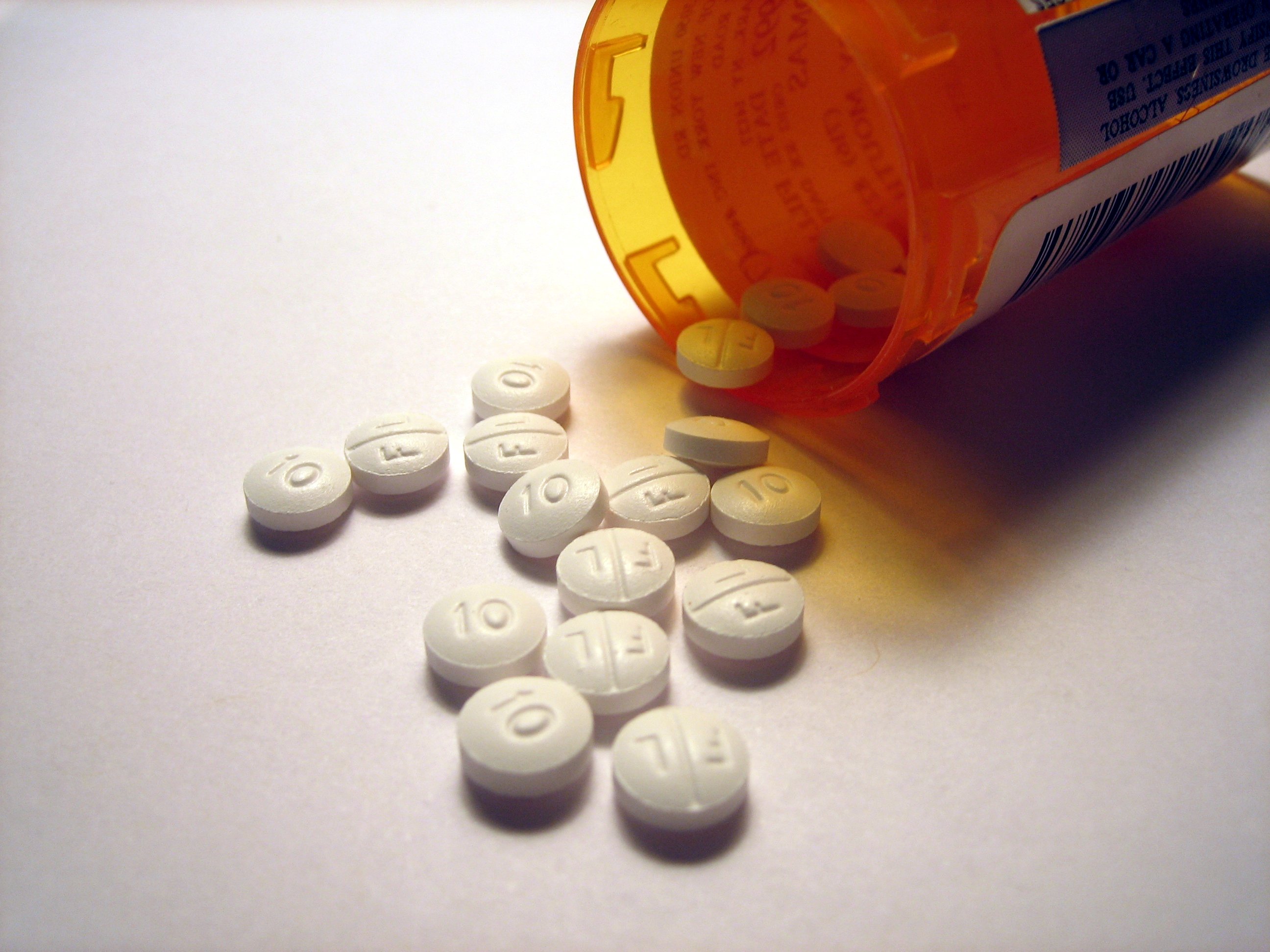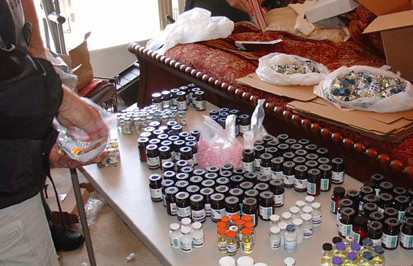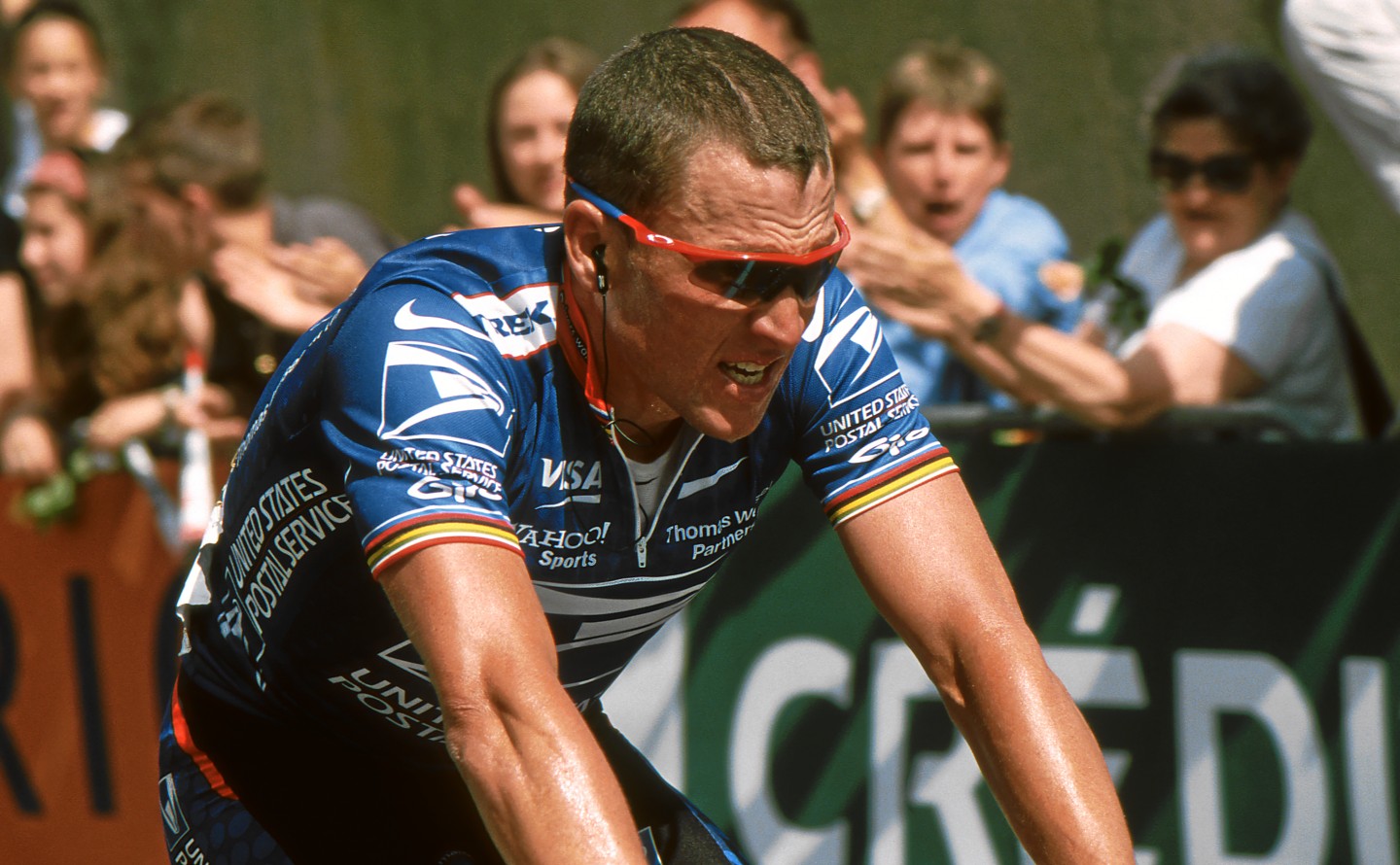
Here are some books that you may find useful during your studies. Search the Bennies catalogue Accessit for more, or browse the Non-fiction collection NFS...
The statistics around alcohol misuse and sporting clubs are pretty grim, pointing to issues that most clubs would rather not see on their home grounds. Things like poor on field behaviour, violence amongst spectators, abuse hurled at game officials, low club memberships, and drink-driving offences are just some of the reasons that stop children and families involving themselves in sport.
Some athletes will go to extreme lengths to achieve success and the rewards that follow, including the use of legal and illegal performance enhancing substances. This interview led program will explore: the use of legal ergogenic aids, illegal drugs in sport, drug testing in sport, consequences of doping, and the Olympics and doping. We talk with research scientist Dr Alan Brailsford from the 2012 Olympics anti-doping team, Olympic and Paralympics athletes and coaches, and a sports nutritionist. Suitable for physical education and health related studies at senior high school and TAFE level, the production explores the adverse effects doping can have on health, personal reputation and the sport, as well as factors that motivate athletes to take such risk.
This program provides a valuable overview of the many facets of performance enhancement like coaching, nutrition, psychological preparation, the use of technology and ergogenic aids.
Can't tell your peptides from your steroids? Not sure how EPO improves stamina? Catalyst investigates the substances at the forefront of the sports doping controversy and asks whether we are all potential candidates for life enhancing drugs.






Australian Sports Anti-Doping Authority ASADA is Australia's national anti-doping organisation established in 2006 by the Australian Government. Our role is to develop a sporting culture in Australia that is free from doping, and where an athlete's performance is purely dependent on talent, determination, courage and honesty.
The World Anti-Doping Agency (WADA) was established in 1999 as an international independent agency composed and funded equally by the sport movement and governments of the world. Its key activities include scientific research, education, development of anti-doping capacities, and monitoring of theWorld Anti Doping Code (Code) – the document harmonizing anti-doping policies in all sports and all countries.